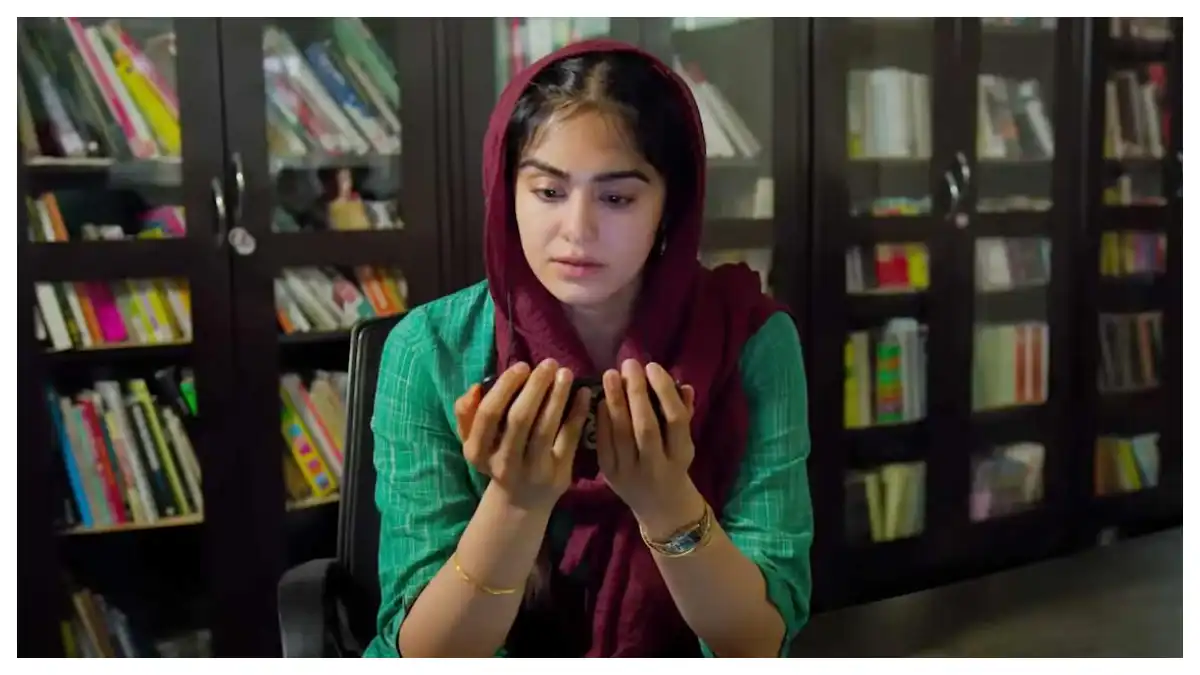SC tells The Kerala Story team to add disclaimer about their ‘32,000’ missing women claim
The apex court directed the makers to state that there is no data to back their claim and that it is a fictionalised account of events
May 18, 2023

Adah Sharma in a still from the film
When the trailer of director Sudipto Sen’s The Kerala Story came out, it sparked widespread outrage over its claim that it is based on the gut-wrenching true tale of 32,000 women who have gone missing – presumed converted to Islam and radicalised to be a part of a terror organisation. Following this uproar, the makers then changed the official description of the film to read “A spine-chilling, never told before true story – revealing a dangerous conspiracy that has been hatched against India. The Kerala Story is a compilation of the true stories of three young girls from different parts of Kerala.” The change, however, was only reflected in the description, while the film itself continued to have lines spoken by characters that thousands of women were being trafficked for terror.
In the days leading up to its release, the film continued to face a lot of back-lash, and when it eventually came to theatres, the reception was poor in Kerala and Tamil Nadu, while West Bengal issued a ban on its screening. In the other parts of the country, though, the Adah Sharma-led film has found favour with audiences and raked in well over Rs 150 crore in just over two weeks.
Earlier today, the country’s apex court addressed the West Bengal government’s decision to ban The Kerala Story in the state. The Supreme Court stayed the Bengal government’s order, but added that the film team should add a disclaimer that it is a fictionalised account of events and that there is no authenticated data to back the suggestion that 32,000 women in Kerala were forced to covert to Islam and join ISIS. The disclaimer is to be added no later than 5 pm on May 20. The court also directed the Tamil Nadu government to ensure the safety of movie-goers watching the film.
Share